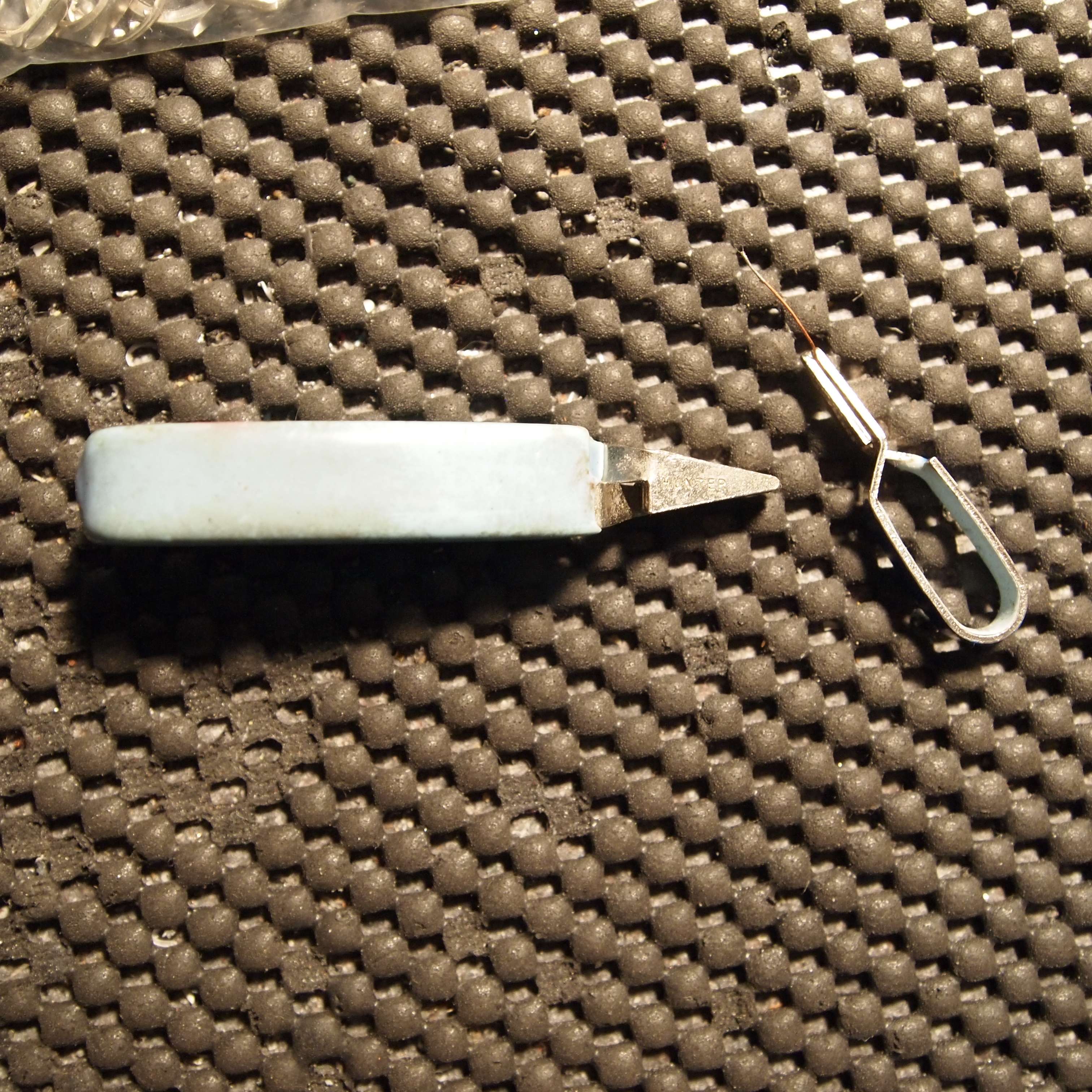- Joined
- Feb 18, 2012
- Messages
- 796
- Points
- 28
Good day ladies and gentlemen, brothers and sisters, comrades, friends,
If you are illsolderate like me, and have questions like:
"How do I solder?"
"What is flux?"
"I n00b, I pay money. You do for me?"
Well, you are in the perfect thread. After scooping through countless youtube videos on soldering tutorials, some good, others just terrible, I found what is IMO the best and most informative soldering tutorial for beginners! It doesn't just teach you how to solder, it also teaches you the why's and what's. Perfect for beginners who are great with their brains but need help hands-on! (no sexual connotation intended ) After all, this video was made by professionals for use in training courses. So let's cut to the chase:
) After all, this video was made by professionals for use in training courses. So let's cut to the chase:
I know it's old school... nevertheless it's still relevant for today's basic electronic soldering.
Hope this assists your understanding and good luck soldering! :beer:
Ryan
If you are illsolderate like me, and have questions like:
"How do I solder?"
"What is flux?"
"I n00b, I pay money. You do for me?"
Well, you are in the perfect thread. After scooping through countless youtube videos on soldering tutorials, some good, others just terrible, I found what is IMO the best and most informative soldering tutorial for beginners! It doesn't just teach you how to solder, it also teaches you the why's and what's. Perfect for beginners who are great with their brains but need help hands-on! (no sexual connotation intended
I know it's old school... nevertheless it's still relevant for today's basic electronic soldering.
Hope this assists your understanding and good luck soldering! :beer:
Ryan
Last edited:





